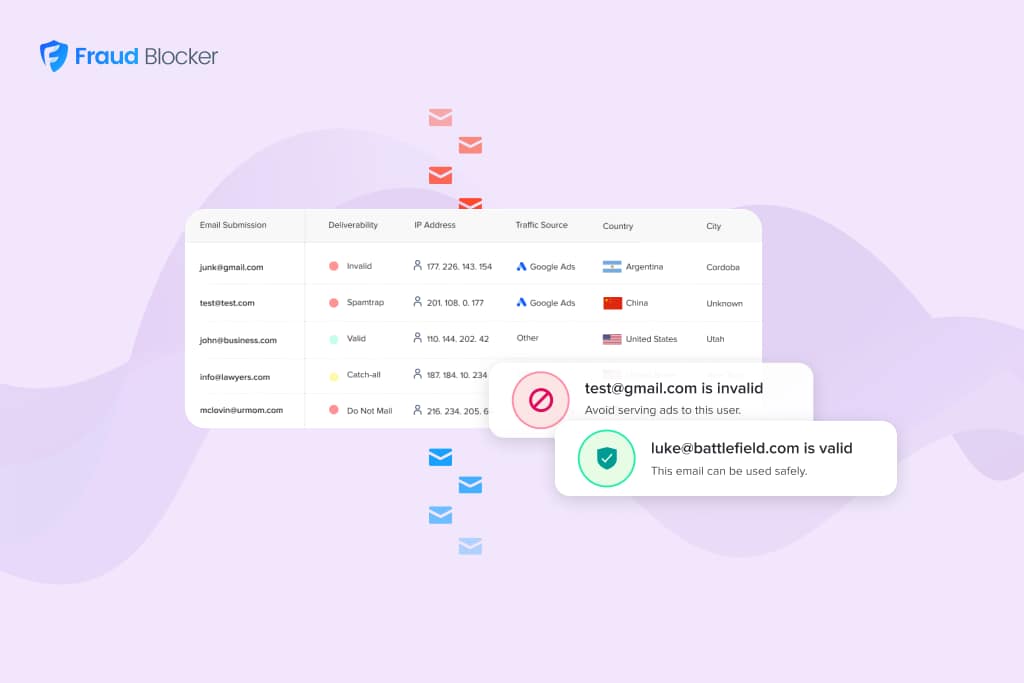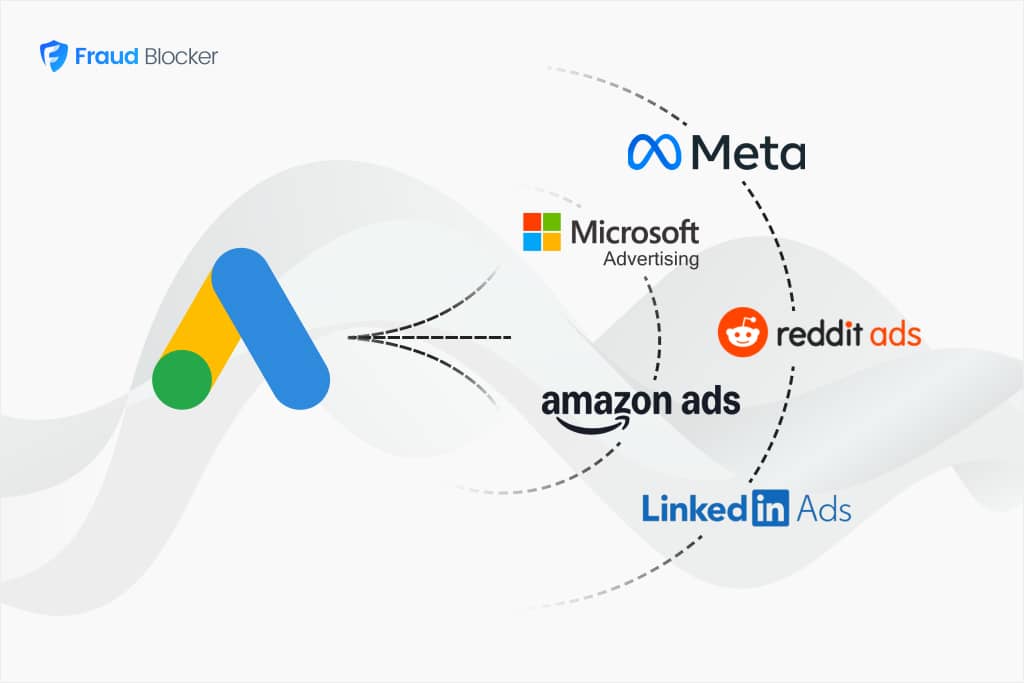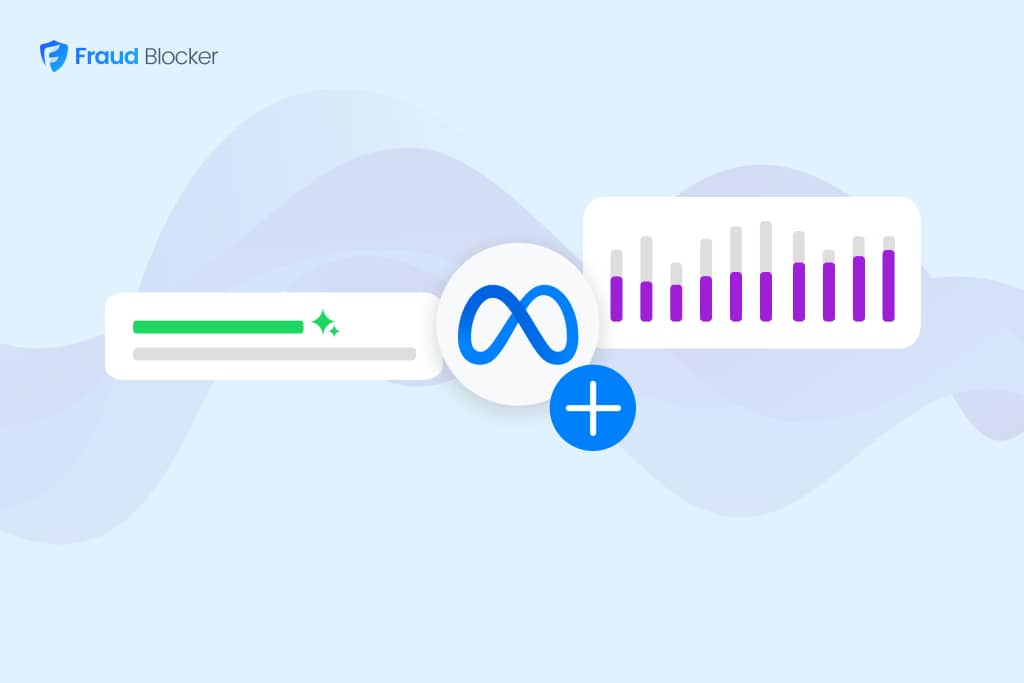
New report:
Invalid Click Rate Benchmarks


Click fraud is costing advertisers billions in loses. Learn more here.

Click fraud is costing advertisers billions in loses. Learn more here.

“Brand Bidding” is the practice of using your own brand name as a keyword in PPC advertising, such as in Google search ads.
This strategy involves targeting search terms that include your brand names, product names, or other trademarked terms. The primary goal of brand bidding is to capture high-intent traffic from users who are already familiar with your brand, while also protecting your brand against competitors who may want to capitalize on your brand equity.
Brand bidding is one of the most debated topics among marketers and business owners. Even though Google Ads has been around for over 20 years, there is still debate about the pros and cons of brand bidding. We’ll consider when you should or should not bid on your own brand keywords, review real-world examples, and answer the question:
Should I bid on my brand name in Google Ads?
Deciding to bid on your own brand name in Google Ads is a strategic decision that has significant implications for both your budget and your brand’s visibility online. First, let’s look at a few situations where you brand bidding makes sense:
One of the main reasons to bid on your own brand name is to maintain control over what users see when they search for your brand. This allows you to tailor their experience vs relying on the organic search engine result. By bidding on your brand, you can:
Below is a great example from the mattress and bedding company, Casper:
Instead of relying on its organic listings, Casper uses tailored messaging in the ad: “Gift Yourself With Great Sleep”. They also highlight promotions (25% off mattress bundles) and differentiators (100 night risk-free trial). As a final plus, the ad serves in the top position and pushes competitor ads down.
If competitors are bidding on your brand name, they can potentially steal traffic that was likely intended for your site. In this case, brand bidding becomes a defensive strategy to:
Let’s look at another example: I’m searching for a new CRM for my business, and have heard that Salesforce has a good solution. I search for “Salesforce CRM”, and am served this page:
I arrive on this page, and instead of seeing Salesforce front and center, I immediately see three different brands with compelling messages: “See why we are better”, “Budget-Friendly CRM Tool”. Although Salesforce shows up eventually, it is at the bottom of the page, and it’s tough to dismiss the impact on perception of the “other” brands.
Learn more: Here’s How To Stop Competitors From Clicking Your Ads
In highly competitive industries, sometimes it’s difficult to simply be visible at the top of search results. Bidding on your own brand name keeps you at the top of user’s search results. This is particularly important when there is:
Brand keywords typically convert at a higher rate because they capture users with existing knowledge of and interest in your brand. Bidding on your own brand can optimize marketing spend by:
Bidding on your own brand provides valuable data that can be used to refine your marketing strategies across all channels. This data allows you to:
While bidding on your own brand name in Google Ads can offer numerous advantages, there are times where the strategy might not be the most efficient use of resources. Understanding these scenarios can help you optimize your advertising spend and focus on tactics that deliver the best return on investment. Below are a few situations where you might consider not bidding on your own brand name.
If your brand has a well-established organic presence and has 100% ownership of search engine results pages (SERPs) for your brand keywords, it may not be necessary to bid on your branded keywords. This is particularly relevant if:
If your business has a very limited budget for marketing and are focusing on driving new business, prioritizing where you spend becomes essential. In this case, you may want to:
In situations where your market presence is uncontested and your brand awareness is extremely high, brand bidding might yield diminishing returns:
Similar to the budget constraints point, if your data shows that brand bidding is not delivering a positive return on investment, it may be time to reassess the strategy:
Now that we have reviewed the reasons why you should or shouldn’t bid on your brand, let’s look at some real-world data!
We found a great study by Closed Loop, a digital marketing agency, to test if running paid search ads off of brand terms was cost-effective.
They ran a test to see the difference in traffic and purchases when bidding on brand terms (organic + paid) versus running organic search alone.
Note: the brand in this test had no competitors present on their search results, so this allows for much cleaner test results than if the brand had competitor ads showing.
Here are the results:
The results here are pretty clear – this brand saw a benefit and significant lift in all metrics when running paid brand campaigns with their organic search results. The combined paid and organic traffic increased by 39%, with 75% more signups and 104% more purchases!
In most cases, running paid ads on your brand gives you better ad performance than if you just rely on organic traffic.
With paid ads, you increase visibility and coverage at the top of your search results (more digital real estate), can tailor your messaging, and defend against competitors, making it a very good option and tool in your marketing toolbox.
We can help boost your ad performance by removing fraud, bots, accidental clicks, and more from your advertising campaigns. Try our 7-day free trial and see how much money we can save you.

ABOUT THE AUTHOR
Brandon Tome
Brandon is the co-founder and Chief Growth Officer at Fraud Blocker with 15+ years of performance marketing experience and $100M in direct ad spend management. He specializes in driving growth and maximizing ROAS across B2B SaaS, fintech, marketplaces and more.
Brandon is the co-founder and CGO at Fraud Blocker with 15+ years of performance marketing experience. He specializes in driving growth and maximizing ROAS across B2B SaaS, fintech, marketplaces and more.


